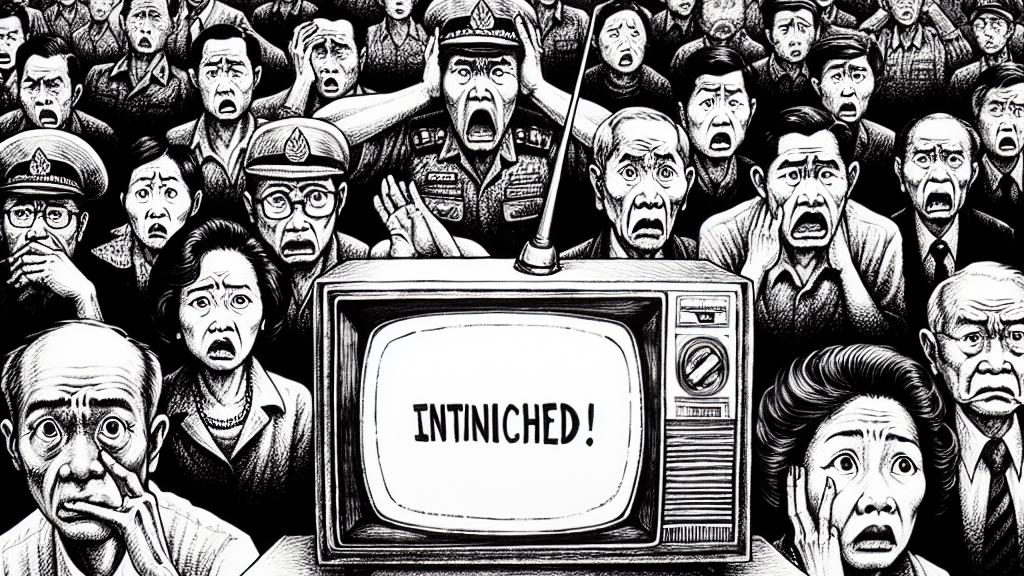South Korean President Declares Emergency Martial Law Amid Political Crisis
Overview
- In a monumental and controversial decision, President Yoon Suk Yeol has declared emergency martial law in South Korea, stirring deep political unrest.
- The decree imposes stringent restrictions on all political activities and media oversight, targeting perceived threats from opposition forces sympathizing with North Korea.
- Despite fierce resistance from the National Assembly, which voted against the martial law, public protests and political tensions continue to escalate.

A Turbulent Political Landscape
On December 3, 2024, South Korean President Yoon Suk Yeol shocked the nation with an unexpected televised address, declaring emergency martial law. This unprecedented action was framed as a necessary response to protect the nation's democratic values from 'anti-state' forces that he claimed were undermining governance, particularly due to the opposition's moves toward impeachment. 'We must act decisively to safeguard our freedoms,' he stated, drawing parallels to South Korea's dark past under military rule in the late 20th century. Swiftly, many citizens recalled the memories of stringent control and repression, heightening their anxiety about the future of democracy in their country.
Legislative Defiance and Political Turmoil
The legislative fallout was immediate. Within hours, the National Assembly convened an emergency session, and to the astonishment of many, 190 out of 300 members voted to reject Yoon's martial law decree, labelling it unconstitutional. National Assembly chairman Woo Won-sik emphatically rallied his colleagues, urging them to 'defend democracy at all costs!' This bold stand reflected intense opposition not just from rival parties but also dissent within Yoon's own People Power Party, which was split over how to navigate this crisis. The party leader expressed deep concerns that Yoon’s drastic measures would plunge the nation into a chilling cycle of authoritarianism, raising alarms about public trust in governance.
Public Response and Implications for Democracy
Outside the halls of power, public reaction erupted like a storm. In Seoul, crowds gathered, demonstrating a mix of fear and defiance; many people flocked towards family for safety, while others voiced their outrage through chants of 'We will not be silenced!' This collective sentiment revealed a nation grappling with the implications of martial law, as citizens pondered the future of civil liberties and democratic principles. The weight of living under such restrictions led to serious discussions about the balance between security and freedom. As protests grew, many wondered if this moment would redefine political engagement in South Korea; would it ignite a fresh wave of activism, or lead to deeper divisions?

Loading...